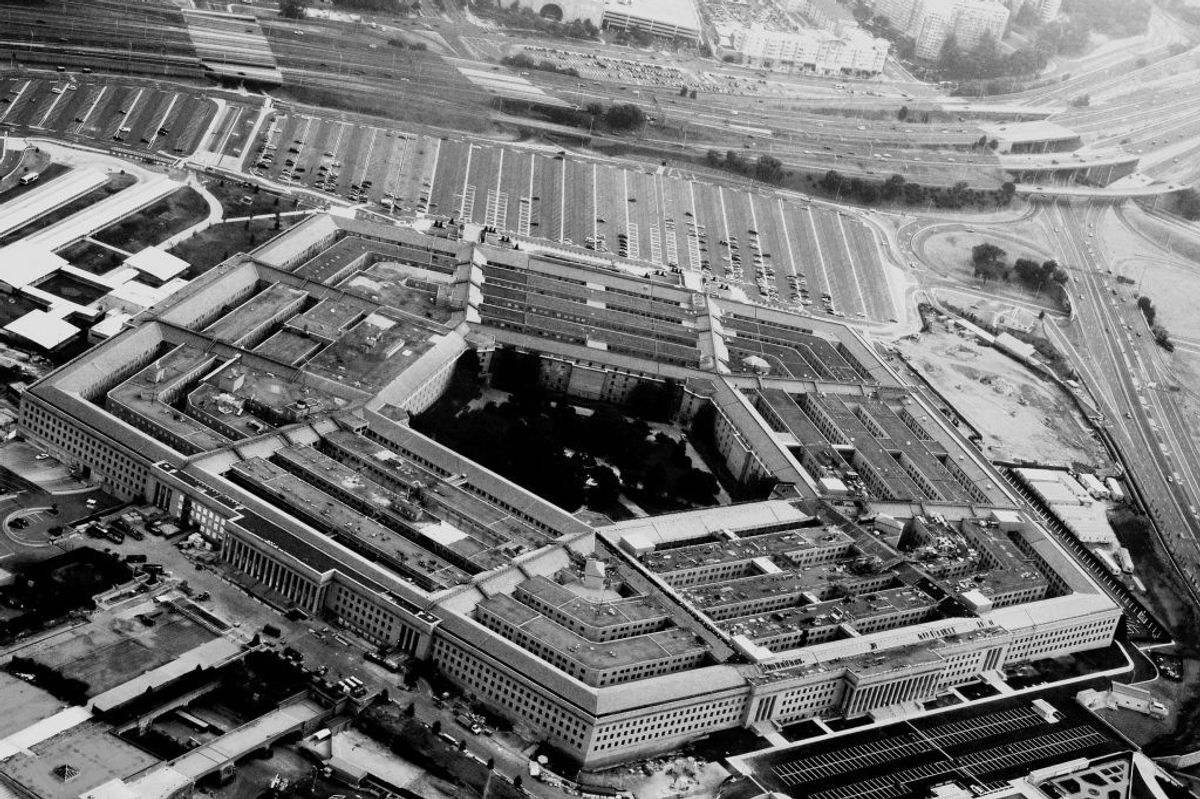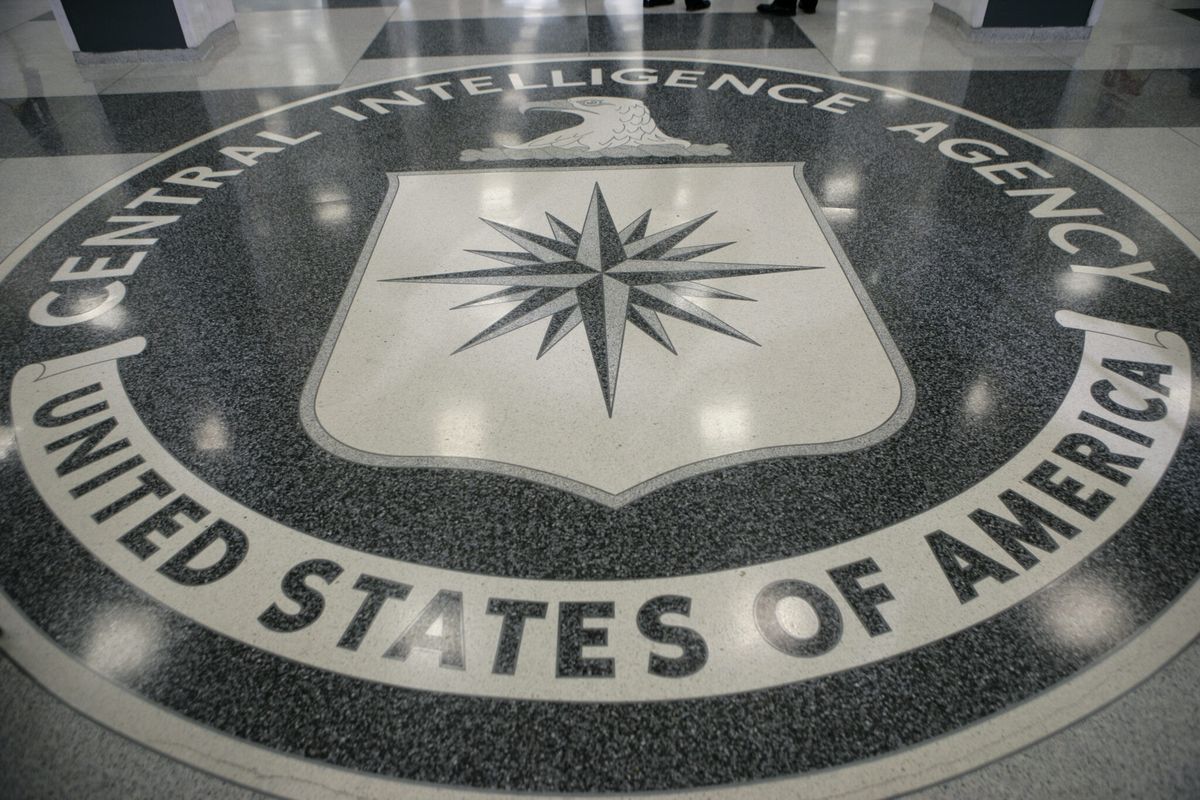As the senate prepares for what is expected to be a close vote this week on the nomination of Gina Haspel to become the next Director of CIA, both supporters and critics are ramping up the rhetoric. While those who would like to see Haspel confirmed are organizing a show of support in the hearing room, critics remain focused on the role she played in the destruction of tapes of detainee interrogations after 9/11.
Former CIA case officer and Former Acting Secretary of Defense for Homeland Defense Todd Rosenblum recently made his case in The Cipher Brief.
By nearly all accounts, Gina Haspel has tremendous qualifications to be the CIA’s first female director. She knows CIA inside and out. She served with distinction in the National Clandestine Service for 30 years. She is CIA’s Deputy Director. Few challenge her substantive credentials.
But there is one glaring problem with her candidacy. Gina Haspel was a central actor in one of CIA’s most shameful moments. She and her boss at the time, Jose Rodriguez, directed the destruction of states evidence in direct contravention of a court order, the congressional oversight committees and the 9/11 Commission.
While already confirmed as CIA Deputy Director, the Senate must ask itself whether her leading role in the willful destruction of vital information is disqualifying.
Destroying state evidence may have won her huzzahs in small circles, but the rule of law is threatened when government officials knowingly violate lawful congressional and commission investigations. I was on the Senate Select Committee on Intelligence when word came out about the destroyed tapes despite many requests that all pertinent information be preserved, and it was correctly viewed as a brazen and dangerous act against our democracy.
Some will argue that Haspel was too central a figure in CIA’s lawful rendition and enhanced interrogation techniques program, begun right after the attacks of 9/11, to be CIA’s next director. I believe this is an unfair charge.
CIA programs were designed to capture suspect terrorists and extract actionable intelligence from them as fast as possible. Many in law enforcement and the uniformed military rejected the need to use these techniques because they were not effective or necessary to get vital, time urgent counter-terrorism information.
Regardless of how one feels about those programs, they were authorized by President George W. Bush and briefed to select members of Congress. President Barack Obama was correct to not investigate those who carried out this program, since participants were told their actions were legal and necessary. One cannot overstate the sense of fear amongst national security officials that follow-on attacks were imminent, and the extraordinary time required extraordinary measures.
It was Haspel’s actions on Nov. 9, 2005 that gives greatest pause. On that day, she carried out the destruction of videotapes CIA had made during interrogations of Al-Qaeda suspects Abu Zubaydah and Abd al-Rahim al-Nashiri in 2002 at a CIA black site prison in Thailand.
Press reporting states some 90 tapes were made of Zubaydah and two of al-Nashiri, and that 12 of the tapes depicted “enhanced interrogation” techniques. The Department of Justice declined to file criminal charges against Ms. Haspel and Mr. Rodriquez in 2010 related to destroying the videotapes.
Democratic Senator Dianne Feinstein of California, then Vice Chair of the Senate Intelligence Committee, did block Haspel’s promotion to run the National Clandestine Service because of her role in the destruction of the tapes.
There is much good in nominating a woman to be the nation’s first female CIA director. There also is much good in nominating someone who has a strong relationship with the secretary of state-designate. CIA supports all arms of American foreign policy, not just the military, and increasing connections at the top of CIA and State is good for the nation’s security.
Nominating a career official carries risk and reward. Choosing a career CIA intelligence officer allows for immediate familiarity with the fundamentals of intelligence and the specific management, priorities, policy and planning matters of the Agency. In some circumstances, though, it could lead to group think solutions based on spending a career on the inside. CIA is an incredibly dynamic, learning organization but can suffer from insularity. Ideally, a nominee will have inside and outside experience, but one can be a tremendous director coming from the inside.
The real issue for the Senate is not Haspel’s credentials, but whether her leading role in defying court orders to preserve all evidence associated with CIA’s lawful enhanced interrogation program of suspected terrorists is a large enough a violation of the public trust to lead one of the nation’s most important arms of national security.













